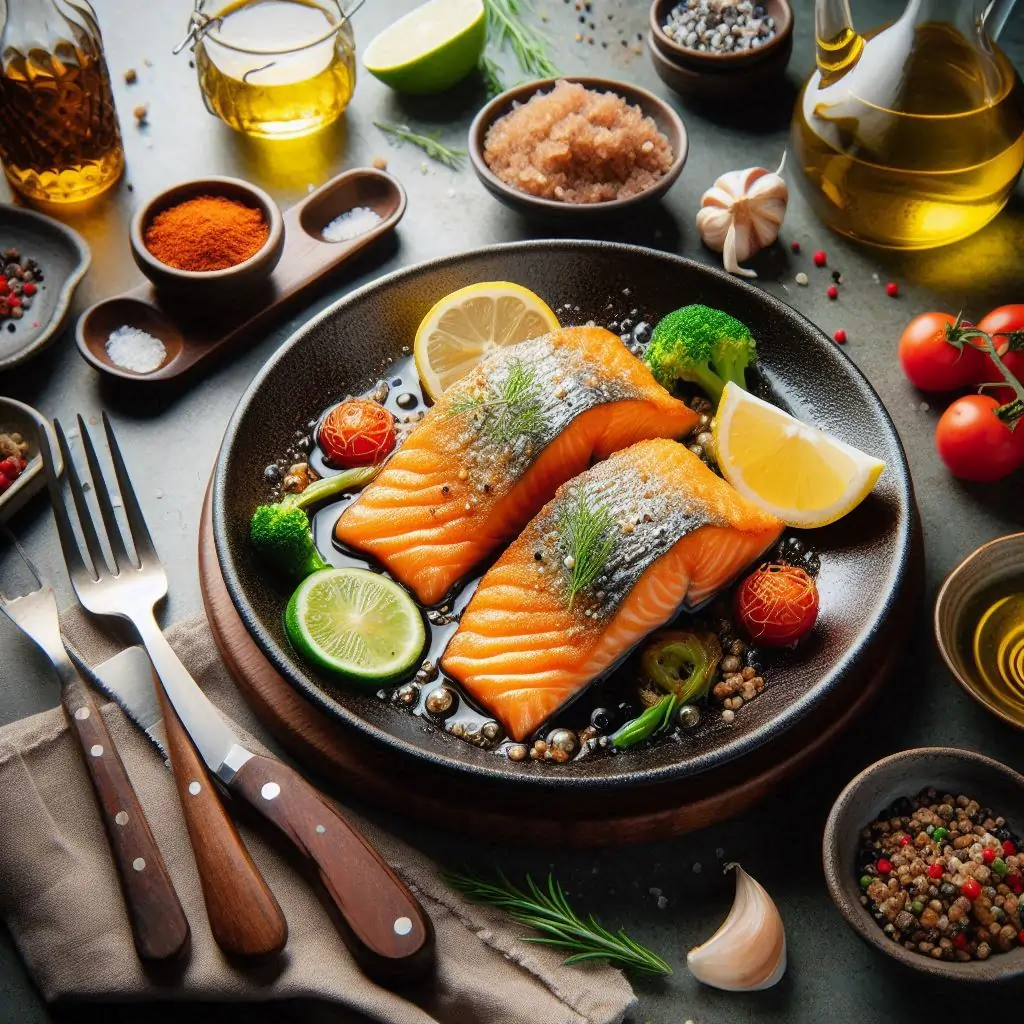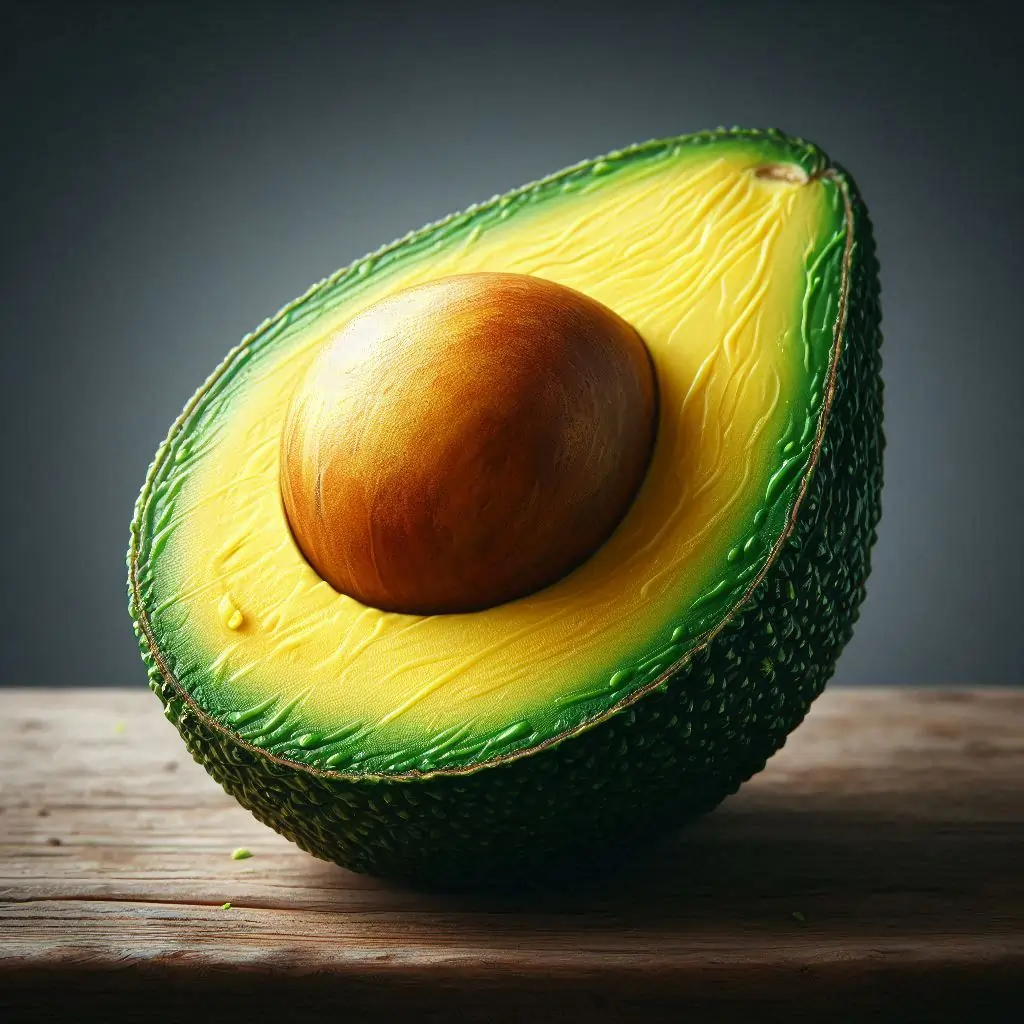
In today’s fast-paced world, anxiety has become a common challenge for many people. The pressures of everyday life, stress at work, personal relationships, and various other factors can all contribute to feelings of unease and tension. While there are various ways to address anxiety, such as therapy, exercise, and mindfulness practices, one often overlooked solution lies in the foods we consume. Yes, you read that right – certain foods that help reduce anxiety and promote a sense of calm and well-being.
The Impact of Diet on Anxiety Levels
Our diet plays a crucial role in not just our physical health but also our mental well-being. Research has shown that there is a strong connection between the foods we eat and our emotional state. Consuming a diet rich in nutrient-dense foods can help regulate neurotransmitters in the brain, such as serotonin, which are responsible for mood regulation. By incorporating specific foods that are known for their anti-anxiety properties, we can take a proactive approach to managing and reducing feelings of anxiety.
Top Foods that Act as Natural Anxiety Relievers
1. Leafy Greens
Leafy greens are full of fiber, folate, iron, and other essential nutrients.
Types of Leafy Greens
- Spinach: Popeye’s favorite, spinach is rich in vitamins A, C, and K, as well as iron and calcium.
- Kale: This trendy green is a superstar, loaded with antioxidants, fiber, and vitamin K.
- Collard Greens: These hearty leaves provide vitamins A, C, and K, along with calcium and iron.
- Broccoli: While not a classic leafy green, broccoli deserves an honorable mention for its brain-boosting nutrients.
A study involving over 24,000 older adults revealed that higher perceived stress levels correlated with poorer cognitive function. Conversely, lower stress levels were associated with better test scores.
Regularly consuming plant-based diets, especially rich in green leafy vegetables, may reduce the risk of Alzheimer’s disease. Researchers found that those who ate seven or more weekly servings of greens had less beta-amyloid buildup in their brains, a marker for Alzheimer’s.
Incorporate this as salads, smoothies, sautéed greens, or stuffed wraps.
Remember, these leafy wonders not only nourish our bodies but also contribute to a calmer, sharper mind.
2. Blueberries
Blueberries are antioxidant champions, protecting your cells from free radicals that contribute to aging and diseases like cancer.
Their flavonoids, especially anthocyanins, play a crucial role in these health benefits.
Studies suggest that blueberries act as a natural antidepressant. A powdered blueberry drink (equivalent to 1 cup of fresh blueberries) positively affected mood in children, adolescents, and young adults.
Blueberries increase brain-derived neurotrophic factor (BDNF) and insulin-like growth factor 1 (IGF-1), supporting brain health. Anthocyanins, the antioxidants responsible for their purplish-blue hue, play a key role.
So, embrace these little blue gems—they’re not just delicious; they’re nature’s stress-relieving allies!
3. Fatty Fish

Fatty fish, such as salmon, mackerel, sardines, trout, and herring, are high in omega-3s. Omega-3s are a type of fatty acids that have a strong relationship to cognitive function and mental health.
Salmon is rich in omega-3 fatty acids (EPA and DHA), These fatty acids may reduce inflammation and enhance your brain’s ability to handle stressors.
A small study on 24 people with substance misuse problems found that EPA and DHA supplementation resulted in reduced levels of anxiety. However, supplements generally contain a more concentrated form of nutrients than foods do.
Current recommendations suggest eating at least two servings of fatty fish per week. A study conducted on men found that eating salmon three times per week reduced self-reported anxiety.
By incorporating fatty fish into your diet, you can give your brain the nutrients it needs to support mental well-being.
4. Dark Chocolate
Experts believe that dark chocolate might help reduce stress and anxiety.
Some research has found that dark chocolate may improve mood through the gut-brain axis. However, many of the present studies on this subject are observational, so it is important to interpret the results with caution.
Although it is still not clear how dark chocolate may improve stress or anxiety, dark chocolate is a rich source of polyphenols, especially flavonoids. One study suggests that flavonoids might reduce neuroinflammation and cell death in the brain and help improve blood flow.
Dark chocolate is a good source of magnesium. Eating a diet with enough magnesium in it or taking supplements may reduce symptoms of stress and anxiety.
People with magnesium deficiency should consider taking high-dose supplements rather than eating dark chocolate.
When choosing dark chocolate, aim for 70% cacao or more. Dark chocolate still contains added sugars and fats, so enjoy a few small pieces of extra dark chocolate every other day. For an added boost, pair it with citrus fruits like clementines or orange slices.
Research has linked iron deficiency to anxiety, while cocoa can improve mood. The vitamin C in citrus fruits helps with iron absorption.
5. Turmeric
Turmeric the vibrant yellow spice used in Indian and Southeast Asian kitchens contains curcumin, a compound known for its anti-inflammatory and mood-enhancing properties. Adding turmeric to your meals or enjoying a soothing turmeric latte may help lower anxiety by reducing inflammation and oxidative stress that often increase in people experiencing mood changes such as anxiety and depression.
A 2015 study found that 1 g of curcumin per day reduced anxiety in adults with obesity. People should discuss supplementation with their doctor if they are interested in high-dose curcumin products.
Another study found that an increase of curcumin in the diet also increased DHA and reduced anxiety.
Turmeric is easy to add to meals. It has minimal flavor, so it goes well in smoothies, curries, and casserole dishes.
6. Brazil nuts
Brazil nuts are high in selenium. Selenium may improve mood by reducing inflammation, which is often at heightened levels when someone has a mood disorder such as anxiety.
Selenium is also an antioxidant, which helps prevent cell damage.
Other nuts, animal products, and vegetables, such as mushrooms and soybeans, are excellent sources of selenium as well.
It is important not to consume too much selenium, as it can cause side effects. The recommended upper limit for selenium for an adult is 400 micrograms per day. Be careful not to take high-dose supplements or eat more than three or four Brazil nuts per day.
Brazil nuts and other nuts are also good sources of vitamin E, an antioxidant. Antioxidants can be beneficial for treating anxiety, and some research has shown that low levels of vitamin E may lead to anxiety in children.
Snacking on a handful of nuts or adding seeds to your salads can provide a natural anxiety remedy.
7. Avocados

Avocados, with their creamy texture and vibrant green hue, offers more than just Instagram-worthy toast toppings. These little fruits are packed with essential nutrients that can benefit your brain.
Avocados are a rich source of magnesium. This mineral plays a crucial role in mood regulation, and some studies suggest that increasing magnesium intake may help alleviate anxiety symptoms. While the evidence isn’t definitive, it’s worth considering.
Research indicates that avocados might enhance cognitive function. Older adults who regularly consume avocados show improved memory and thinking skills. So, consider them brain fuel!
You don’t need to devour a whole avocado daily. A quarter or half of a small avocado a few times a week can provide significant benefits. Try it sliced with scrambled eggs, mashed into guacamole, or spread on sourdough toast.
8. Green Tea
Green tea contains an amino acid called theanine, which has been subject to increasing scrutiny because of its potential effects on mood disorders. Green tea boasts two mighty antioxidants: EGCG (epigallocatechin gallate) and L-theanine. These compounds work wonders for your well-being. EGCG promotes calmness and enhances memory and attention. L-theanine, when combined with caffeine, has a similar effect.
Researchers in Japan conducted a placebo-controlled trial and discovered that L-theanine supplements can reduce stress-related symptoms like anxiety and depression. So, that cup of green tea might be your secret weapon against daily stressors.
A 2017 review found that 200 mg of theanine improved self-reported relaxation and calmness while reducing tension in human trials.
While green tea contains caffeine, it’s not all bad news. Keeping your daily caffeine intake under 400 milligrams is manageable for anxiety-prone folks. An eight-ounce cup of green tea provides around 30 to 50 milligrams of caffeine—unlikely to push you over the edge unless you’re chugging other caffeinated drinks.
Sip your green tea earlier in the day. Late-night tea sessions might interfere with your sleep; we don’t want that!
9. Beans and lentils
Final thoughts on foods that help reduce anxiety fast
While anxiety is a complex issue that may require a multi-faceted approach to manage effectively, the foods we eat can play a significant role in promoting feelings of calm and reducing stress. You can take a proactive step toward improving your mental well-being by incorporating nutrient-dense foods like spinach, blueberries, and salmon into your daily diet. Remember, food is not just fuel for the body; it can also be medicine for the mind.
FAQs
Q: Are there any foods that can worsen anxiety symptoms?
Processed foods high in sugar and artificial ingredients can exacerbate anxiety symptoms. It’s best to limit the consumption of these foods.
Q: Can supplements help reduce anxiety?
While some supplements like magnesium and omega-3 fatty acids can support mental health, it’s essential to consult with a healthcare professional before incorporating them into your routine.
Q: How quickly can I expect to see the effects of anxiety-reducing foods?
The time it takes to experience the benefits of anxiety-reducing foods can vary from person to person. Consistent consumption and lifestyle changes are key.
Q: Are there specific meal plans or recipes focusing on reducing anxiety?
There are meal plans and recipes available that emphasize anxiety-reducing foods. Consider working with a nutritionist to create a personalized plan tailored to your needs.
Q: Can food alone cure anxiety?
While diet plays a significant role in managing anxiety, a comprehensive approach that includes therapy, exercise, and stress management techniques is typically needed for long-term relief.


